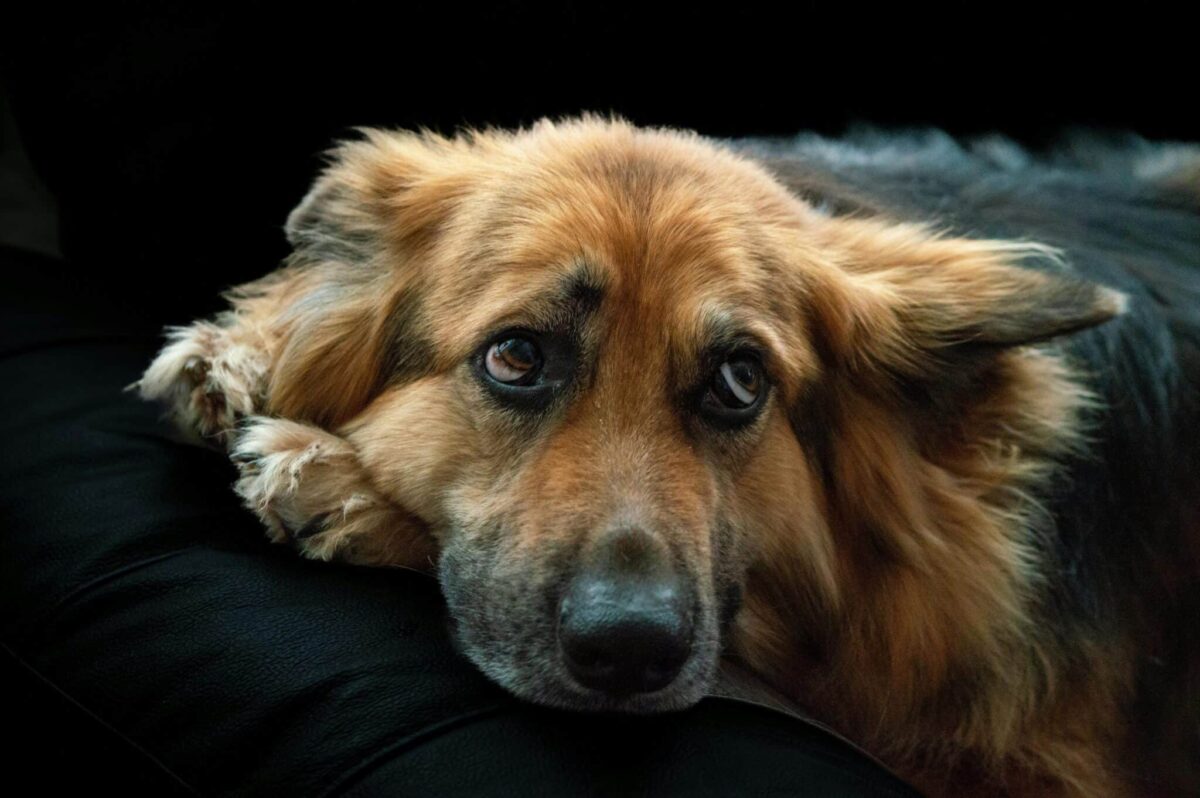 Shutterstock
Shutterstock
They can’t use words, but their behavior says plenty when they know something’s gone wrong. With awkward body language, dramatic pauses, and guilty glances, it’s obvious when mischief has occurred. These companions may not fully grasp the rules, but they sense tension and react to your tone, posture, and mood. Their instincts kick in fast—suddenly, they’re avoiding eye contact, acting unusually sweet, or hiding in plain sight. It’s not exactly an apology, but their hilarious way of saying, “I definitely shouldn’t have done that… but love me anyway?”
 Shutterstock
Shutterstock
When your dog suddenly can’t make eye contact, you can bet something fishy went down. Dogs that usually lock eyes with you during treat time or cuddles will instead focus on literally anything else. This avoidance is their subtle way of saying, “I know you’re mad, and I don’t want to deal with it.” It’s part submission, part self-preservation, and all kinds of suspicion.
Tail Tucked Between Legs
 Shutterstock
Shutterstock
A tail tucked low or between the legs is a universal dog language for “I messed up.” It’s one of the most visible ways dogs show discomfort, fear, or submission after doing something they shouldn’t. If your pup does this while sneaking past the kitchen disaster they caused, it’s a sure sign of awareness. It doesn’t mean they feel guilt like humans do—but they know trouble is brewing.
Sudden Disappearance
 Shutterstock
Shutterstock
Your dog was right next to you, and now they’ve vanished—time to check the trash. Dogs will often remove themselves from the crime scene to avoid confrontation. Hiding under the bed or behind furniture is their version of saying, “Don’t look at me; I regret everything.” Their absence isn’t innocent—it’s a neon sign blinking “guilty.”
Excessive Licking
 Shutterstock
Shutterstock
When dogs sense they’re in hot water, they often respond with a sudden overload of affection. Excessive licking of your face, hands, or even your feet can be an appeasement behavior. It’s their way of disarming you—one slobbery kiss at a time. “Yes, I ate your sandwich, but also, I love you more than anyone ever has.”
Cowering or Lowered Body Posture
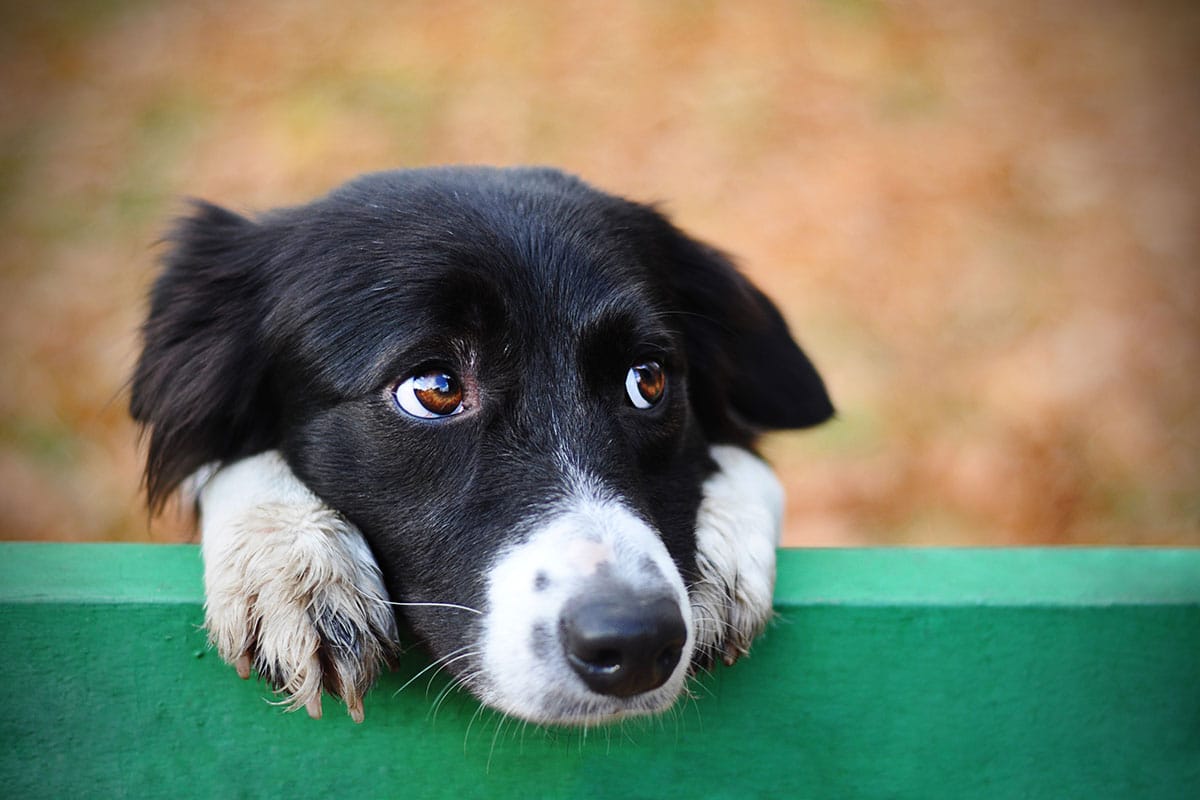 Shutterstock
Shutterstock
A dog with its head low, ears flat, and body crouched is trying its hardest to look small and harmless. This submissive posture is a classic response to knowing they’ve done something undesirable. They aren’t just trying to look cute—they’re diffusing tension like little canine diplomats. It’s dramatic and, let’s be honest, pretty effective.
The Slow-Motion Walk of Guilt
 Shutterstock
Shutterstock
That hesitant, exaggerated slow-motion walk toward you is your dog’s version of tiptoeing through emotional landmines. They’re reading your face, your tone, and the energy in the room, deciding whether to approach comprehensively. Their body screams, “I may have eaten the couch, but I still want to be friends.” Its guilt, hesitation, and hopefulness all rolled into one cautious strut.
Over-the-Top Friendliness
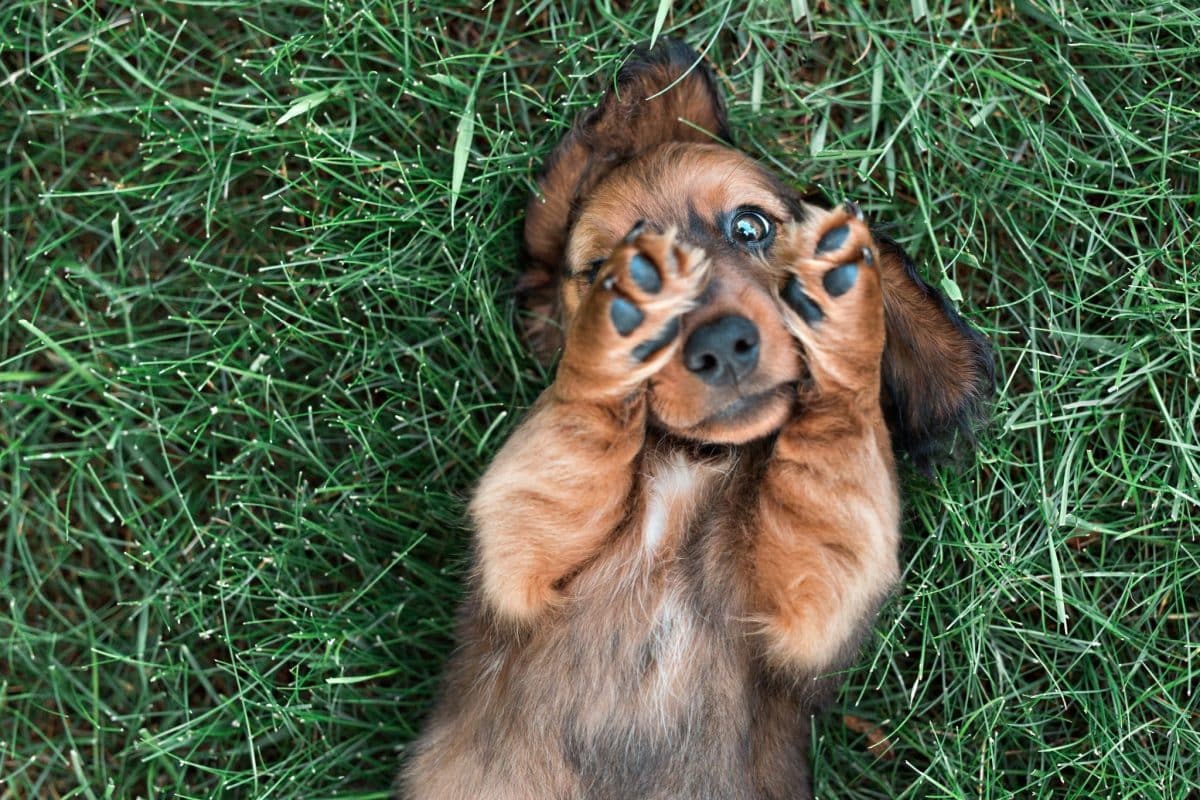 Shutterstock
Shutterstock
Suddenly, your dog is being extra adorable, rolling over, wagging furiously, and offering toys like peace offerings. This isn’t random affection—it’s a charm offensive designed to make you forget your frustration. Dogs learn quickly that cuteness can shift your mood, and they will exploit it shamelessly. And yes, it almost always works.
Frequent Yawning
 Shutterstock
Shutterstock
Yawning in dogs isn’t always about being tired; it’s often a stress response. After a mistake, your pup may start yawning repeatedly as a way to self-soothe. It’s subtle, easy to overlook, and a sign they feel uneasy. Combine this with other body cues and get a full-blown guilt cocktail.
Whining or Soft Vocalizing
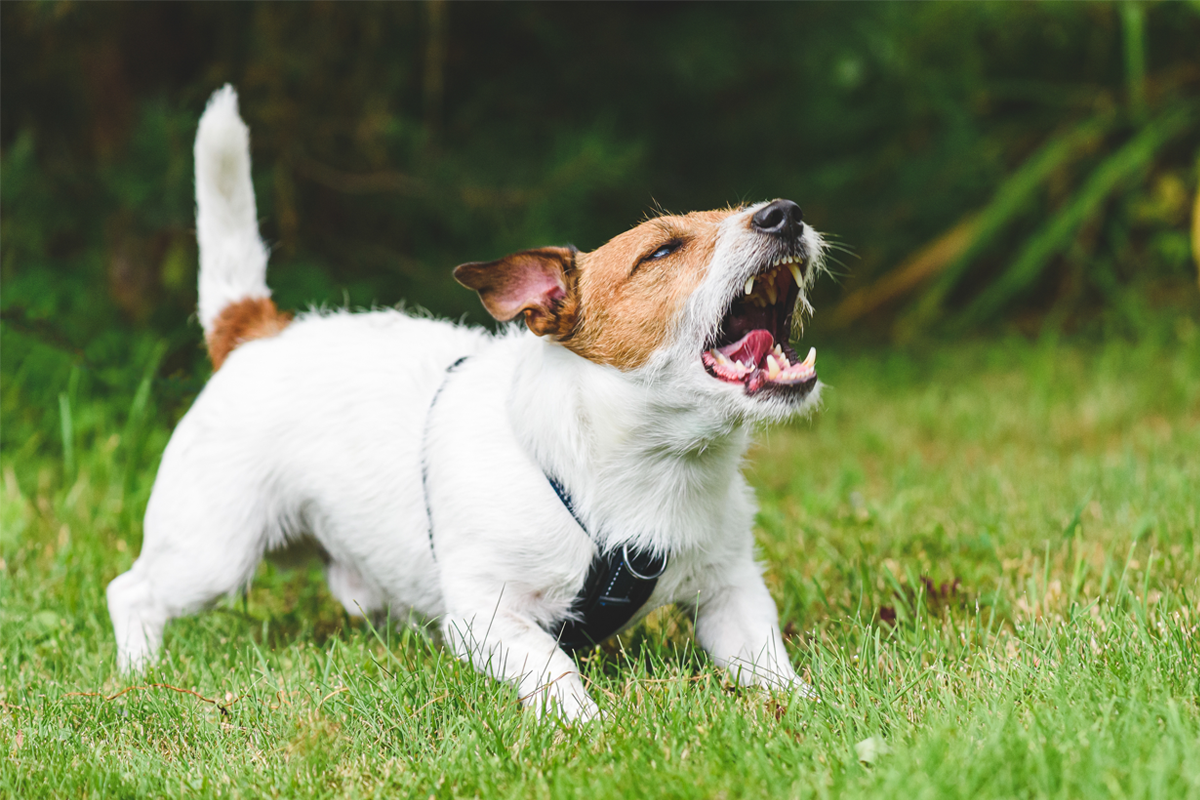 Shutterstock
Shutterstock
A guilty dog might start softly whining, almost like they’re trying to start a conversation you didn’t ask for. These quiet vocalizations can be a sign of anxiety or an attempt to regain your approval. Paired with wide eyes or pacing, it’s your dog’s not-so-silent confession. It’s basically their way of saying, “Let’s just move on, please?”
Submissive Grinning
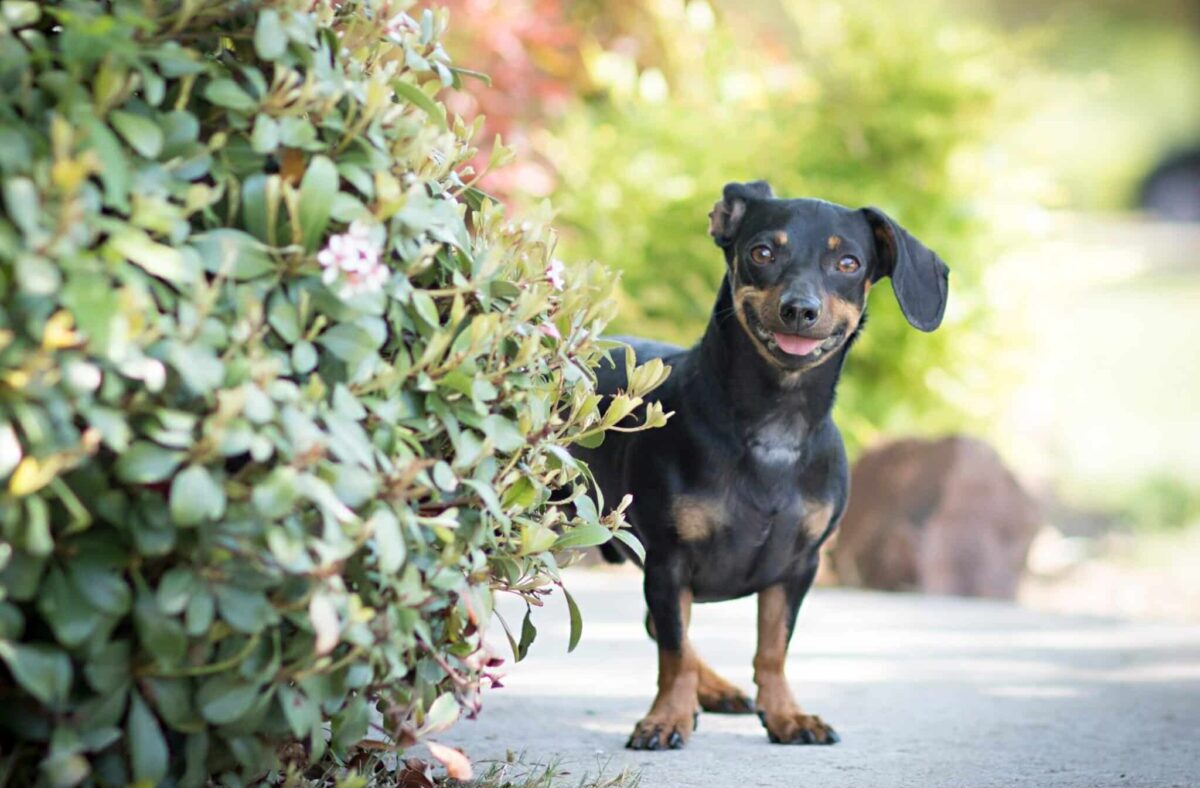 Shutterstock
Shutterstock
Some dogs flash what looks like a guilty little grin—showing teeth not in aggression but in submission. This quirky smile is their way of saying, “I mean no harm,” even if the evidence of destruction is right behind them. Not all dogs do this, but when they do, it’s hilariously obvious they’re trying to lighten the mood. You can’t stay mad when they’re grinning like they just made a joke.
Lying Down Belly-Up
 Shutterstock
Shutterstock
Flopping over with their belly exposed is the ultimate surrender move in dog language. Your pup signals, “I’m no threat; go easy on me.” It’s both endearing and slightly manipulative because they know this move melts hearts. Bonus points if they add soft tail wags and innocent eye contact.
Refusing to Move
 Shutterstock
Shutterstock
You call their name, and they freeze like a statue, hoping you won’t see them—or the shredded pillow they’re sitting next to. This immobility responds to stress and uncertainty about what’s coming next. They’re trying to blend in, avoid confrontation, and pretend this moment isn’t happening. “If I become one with the rug, they can’t yell.”
Hiding Behind the Evidence
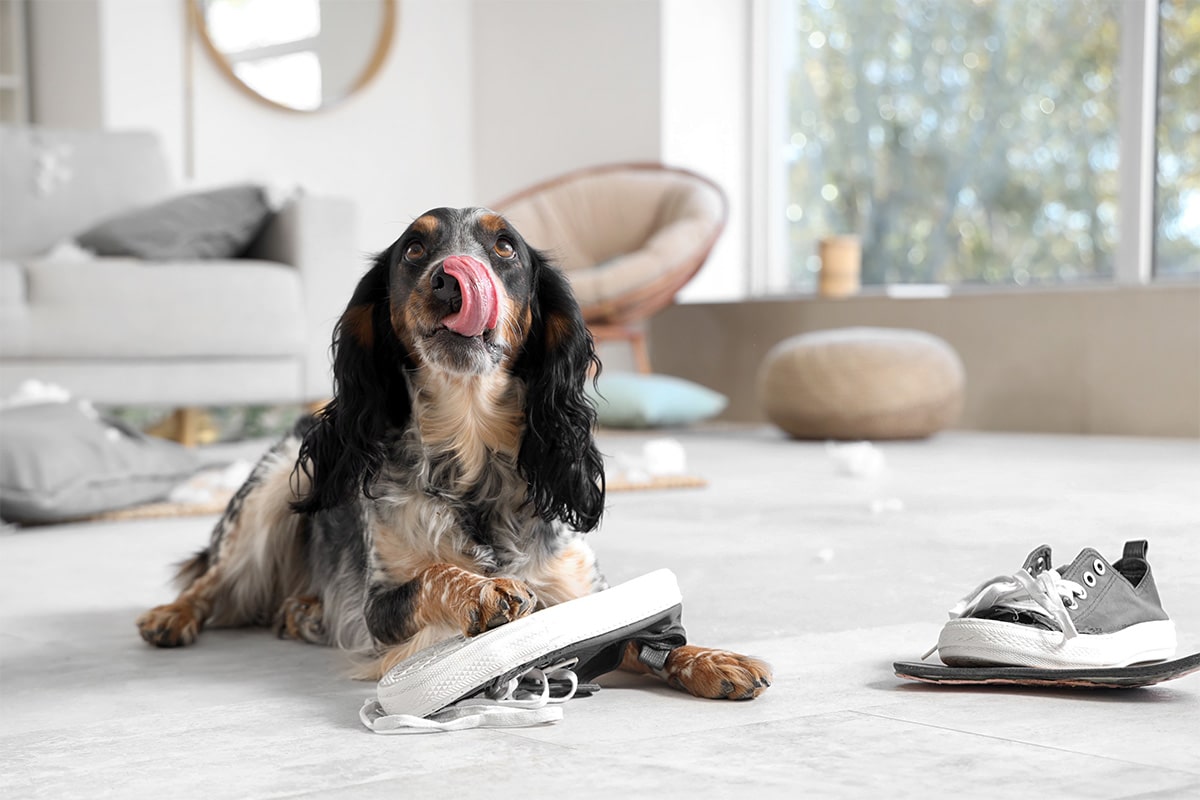 Shutterstock
Shutterstock
Sometimes your dog won’t just hide—they’ll position themselves right next to the crime scene, as if guarding it with guilt. Whether it’s a chewed shoe or a toppled trash bin, they somehow think sitting next to the mess makes them look less guilty. It’s a bold strategy and a hilarious one. “Sure, I ripped it up, but look—I’m keeping it safe now.”
The Tail-End Of Trouble
 Shutterstock
Shutterstock
Dogs might not fully understand guilt, but they quickly notice when you’re upset or using that unmistakable “what did you do?!” tone. Their reactions—tail tucks, awkward hiding, and belly flops—are a mix of instinct and theatrical charm. They don’t always know the exact mistake but know your vibe has shifted, so they respond accordingly. Even after a shredded pillow or surprise mess, their goofy, sincere attempts to win you back are impossible to resist. One looks into those eyes, and suddenly, being mad feels like too much work.

 1 month ago
24
1 month ago
24
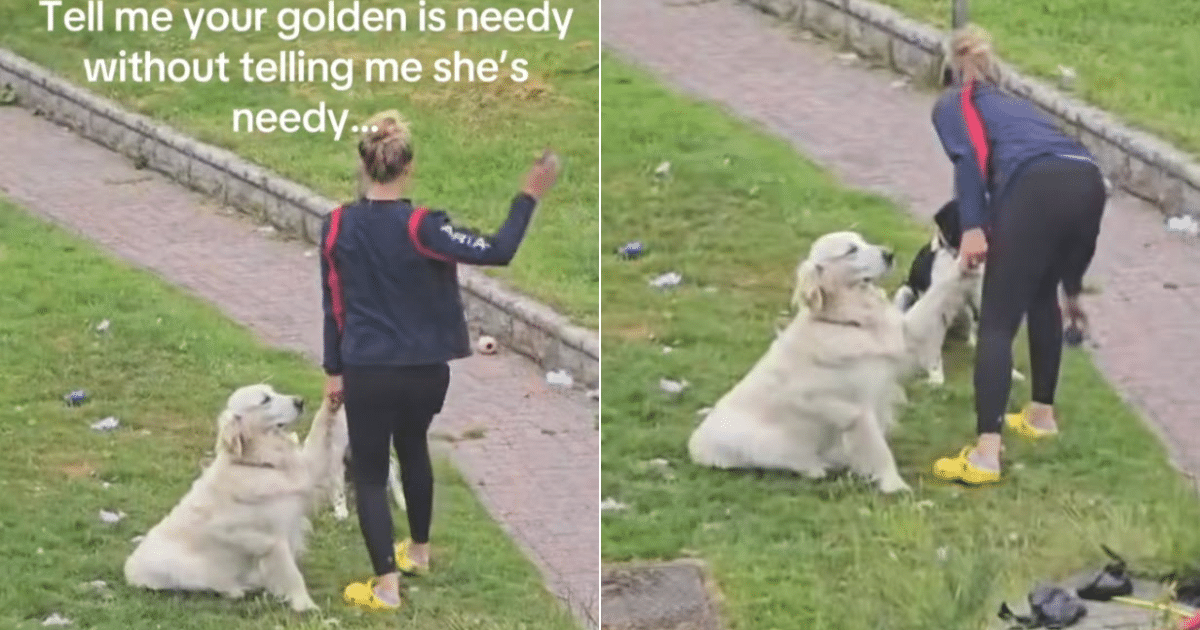
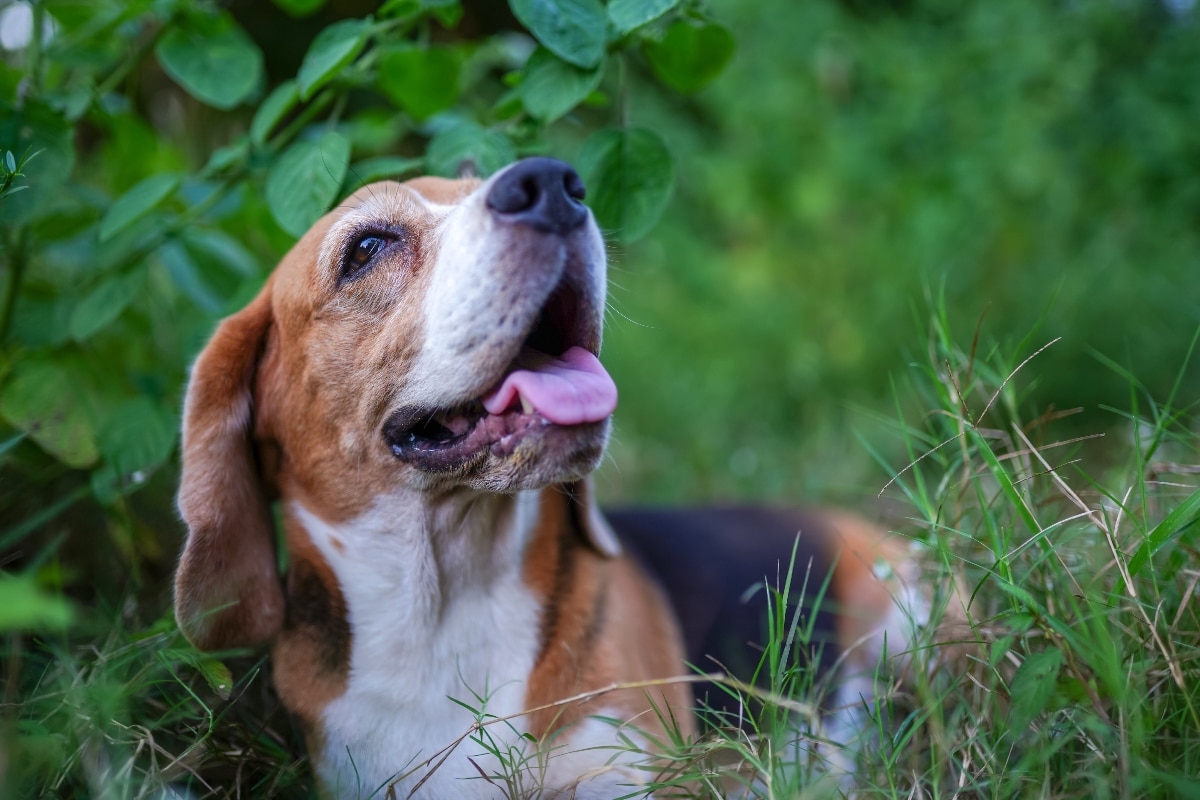
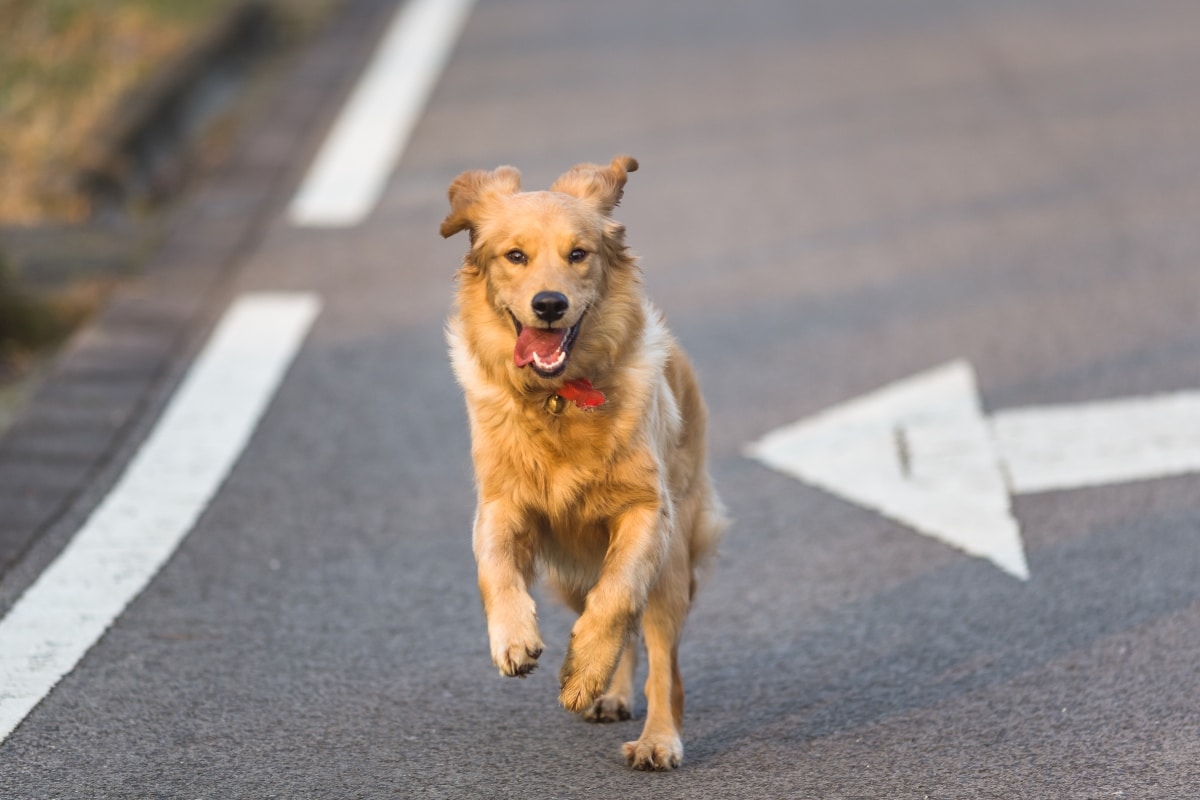
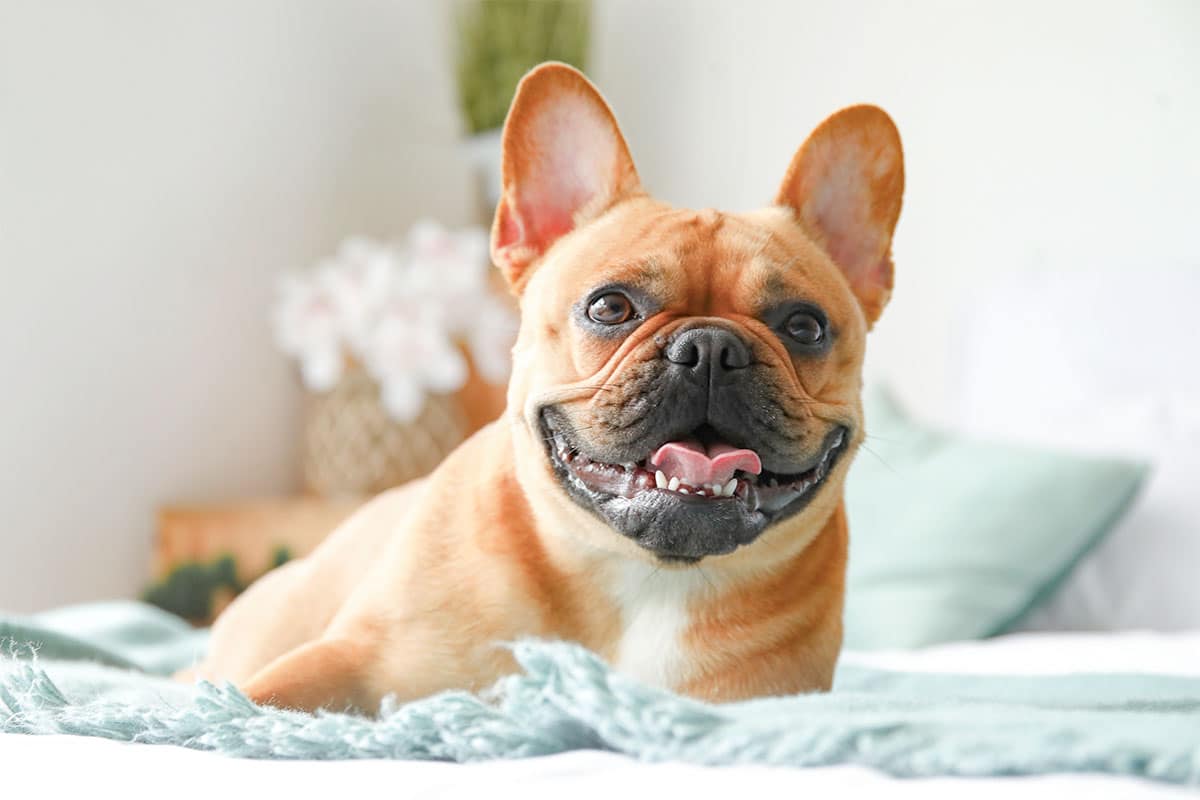
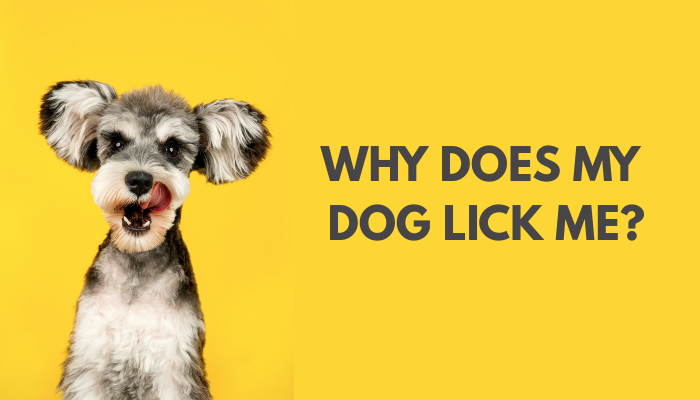

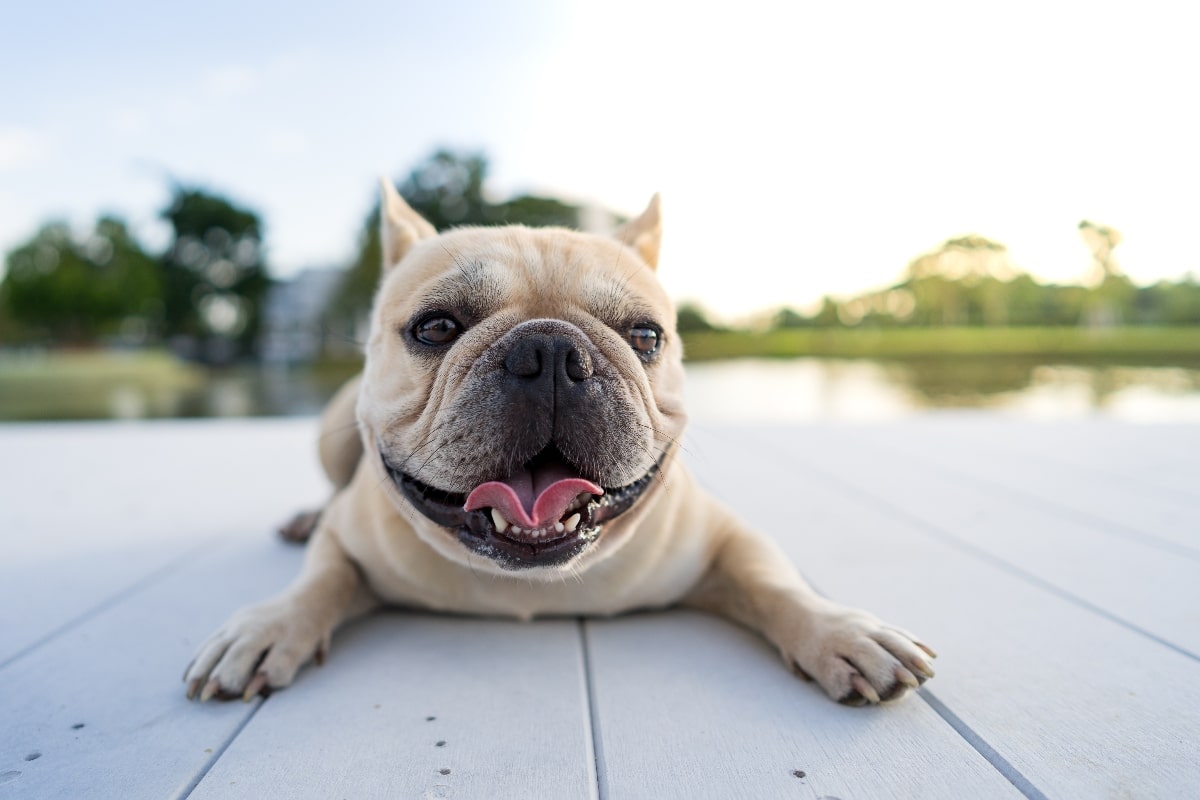
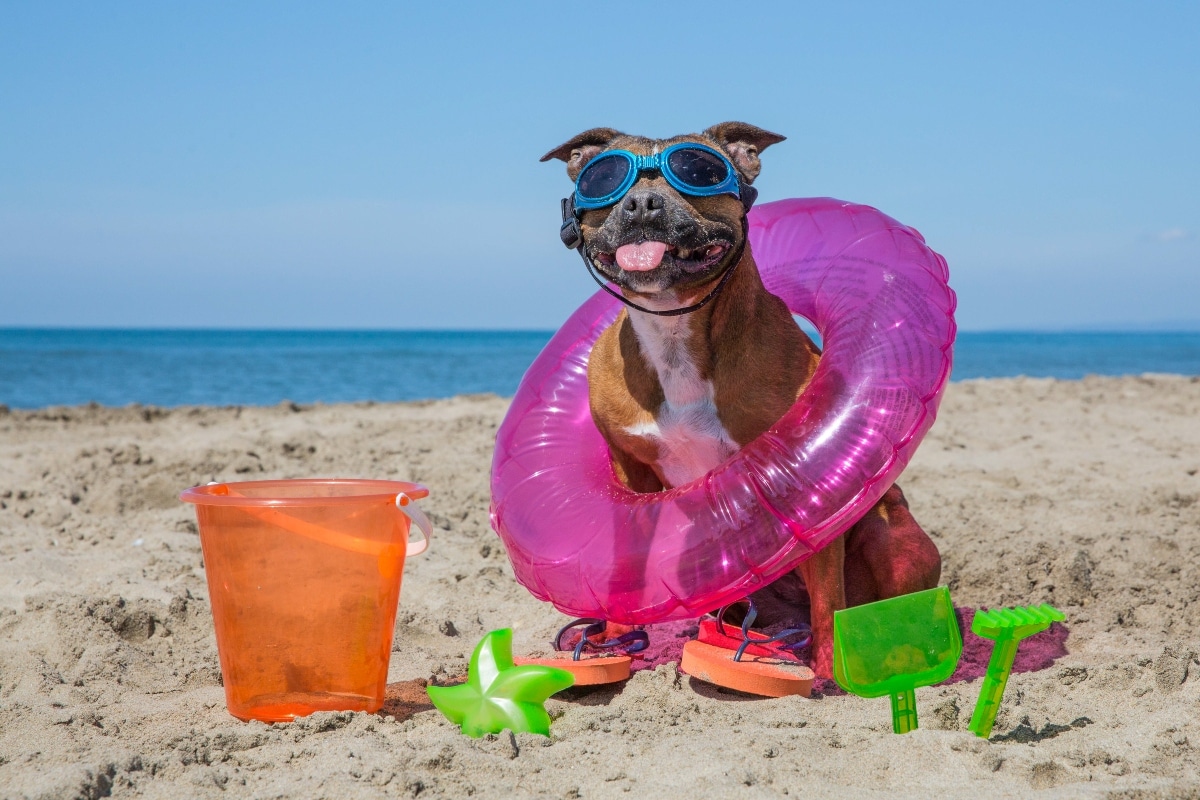

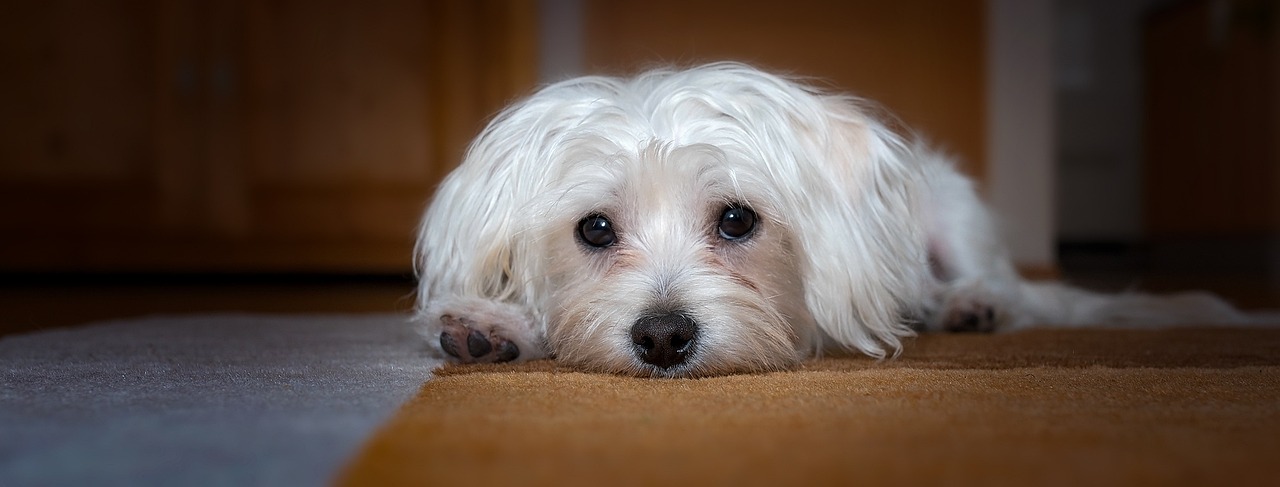
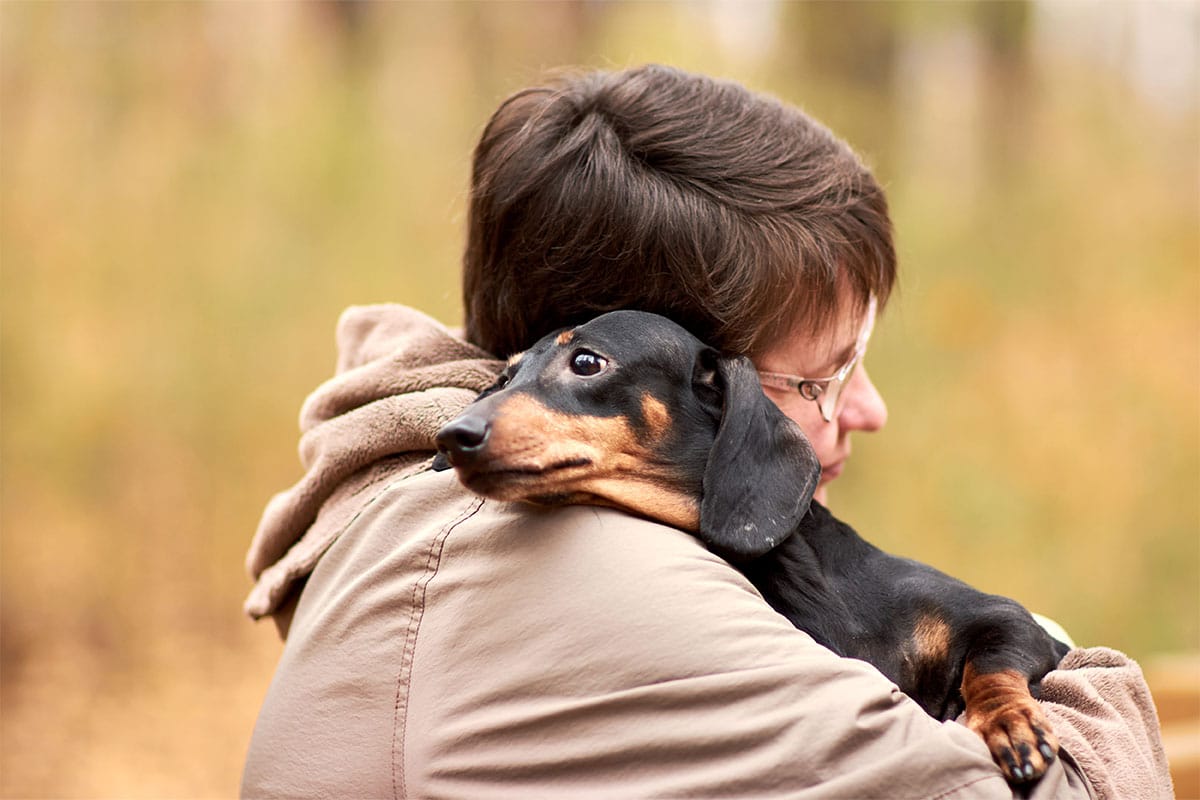

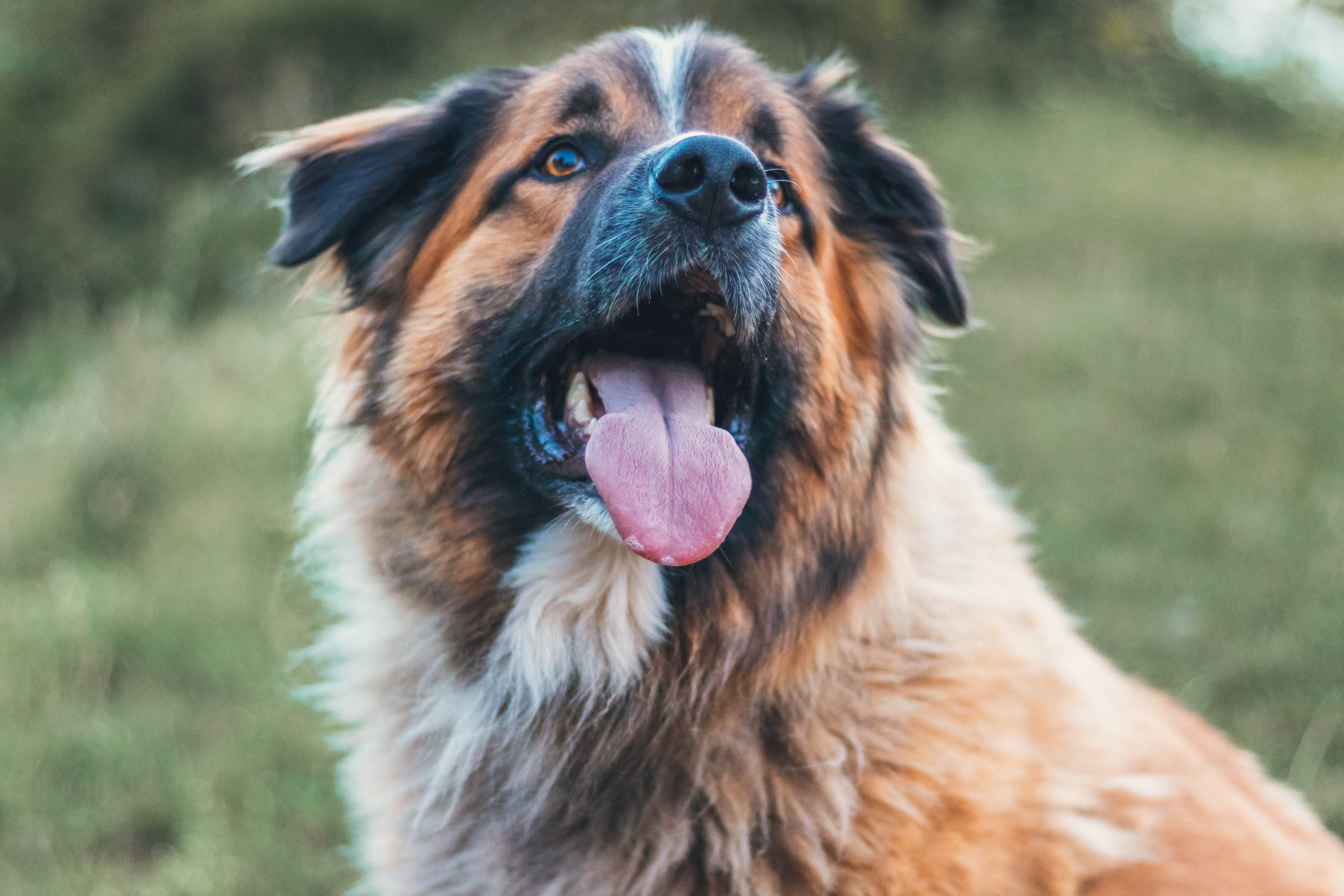

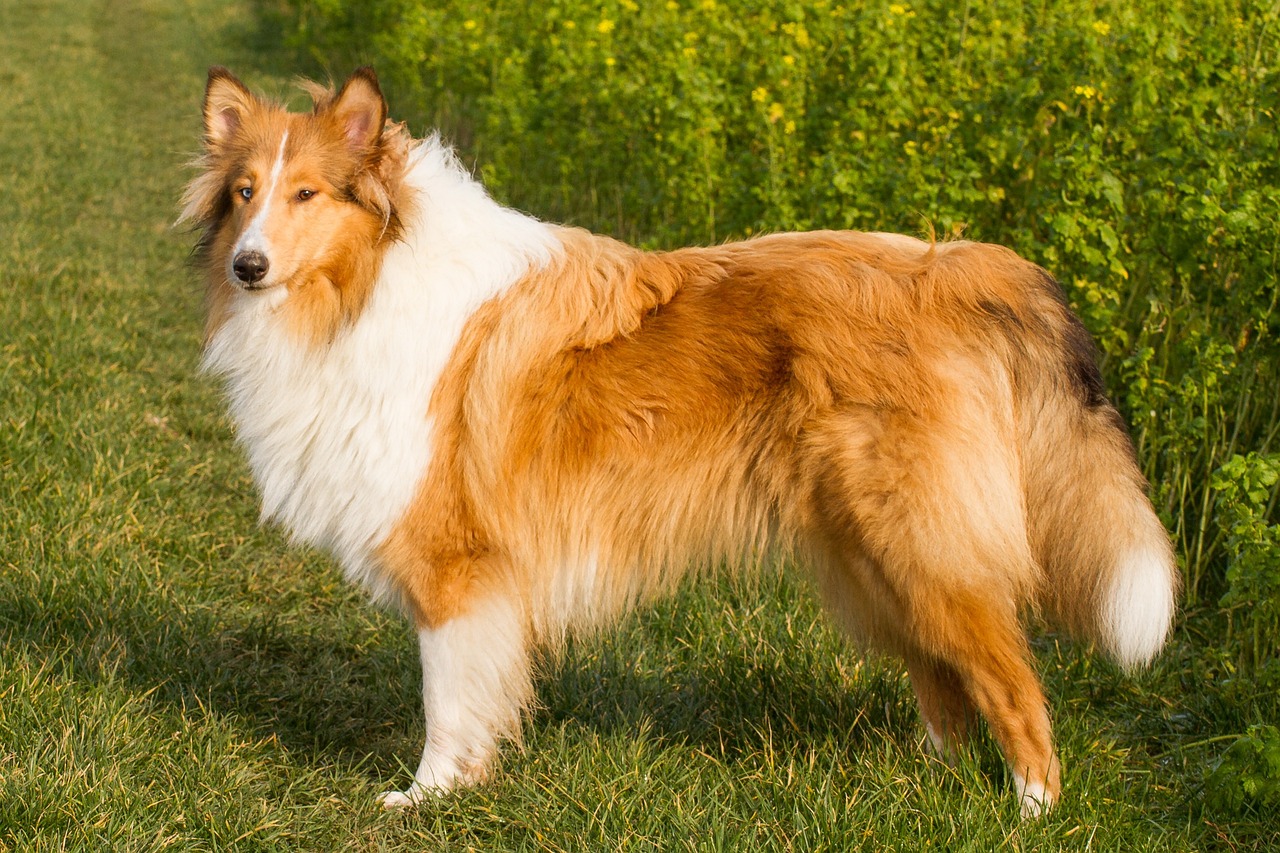


 English (US) ·
English (US) ·